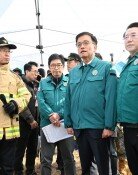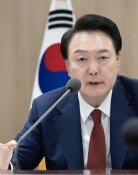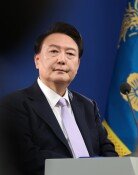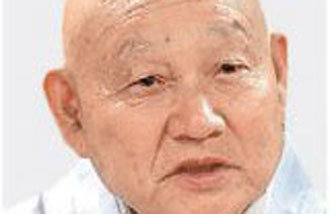Korea should proactively seek nonmilitary cooperation
Korea should proactively seek nonmilitary cooperation
Posted May. 10, 2021 07:20,
Updated May. 10, 2021 07:20
Edgard Kagan, a senior director on the National Security Council of the White House, said the Quad was an “open architecture to encourage others to participate and work together to solve real problems.” “What it's not is a security alliance, Asian NATO or a formal institution.”
This seems to be on the same vein as his efforts to dispel its image in the global community as the Asian NATO, a multilateral anti-China security organization led by the U.S. “The Quad is not fundamentally about China, U.S. National Security Adviser Jake Sullivan also stressed. The Joe Biden administration announced its intention to succeed the organization, a strategy of the previous administration for Asia, but has been cautious of it being seen as a security alliance. It has been highlighting the openness and flexibility of the organization as well as nonmilitary projects such as those for COVID-19 and climate change.
But the characteristics cannot change so quickly as it has been highlighted as an institution to stand against China’s expansion in South and East China Seas under the slogan of “Free and open Asia Pacific” in the Trump administration. When asked whether it could cooperate with China, Kagan seemed to be against it as he said, “It’s hard to imagine a country that does not pursue India Pacific free from coercion, threats and economic retaliation to participate in the Quad activities.” However, the Biden administration is encouraging participation of other countries with refined diplomacy that puts forth disciplines and orders rather than targeting China.
The Quad will continue to expand its role through flexible cooperation, but Korea is out of the game. The South Korean government only repeats that it has not received an official request to participate. It may be cautious in taking actions due to the THAAD (Terminal High Altitude Area Defense) retaliation it suffered. But it could also be isolated in the end by hesitating to participate because of China in urgent issues such as cooperation for vaccines and state-of-the-art technology. It should find a way to join the bigger community (Quad+) by proactively participating in various fields of cooperation in areas other than sensitive military and security issues.







